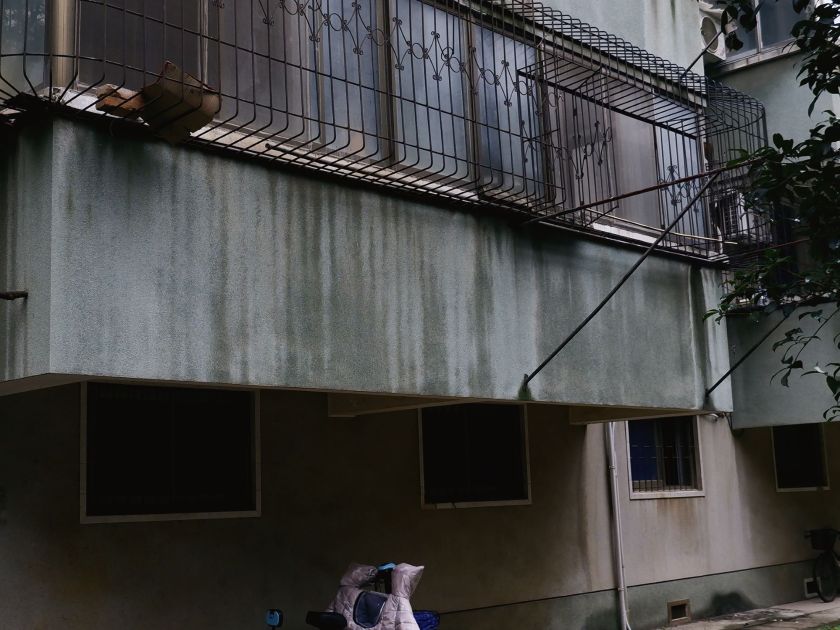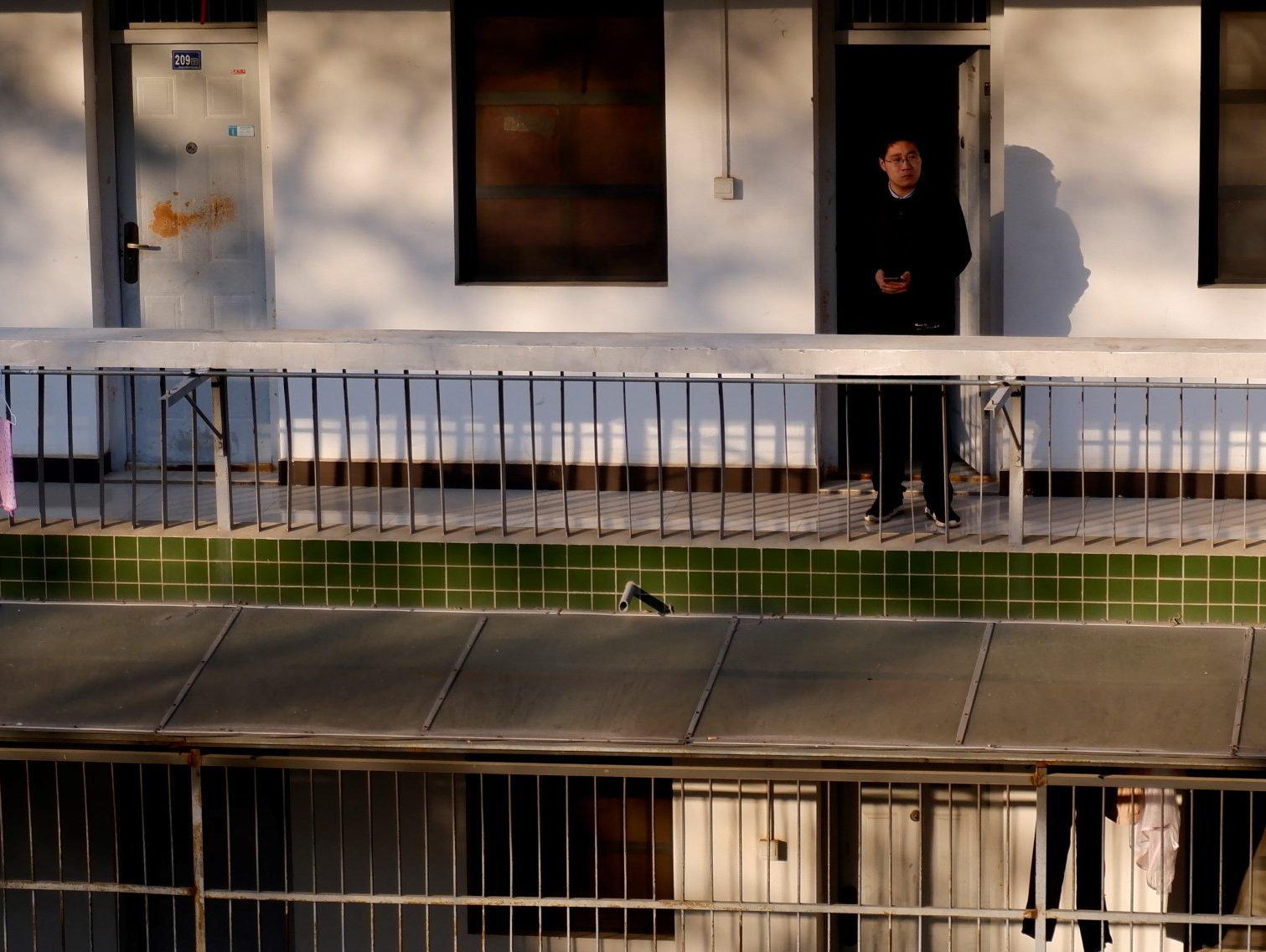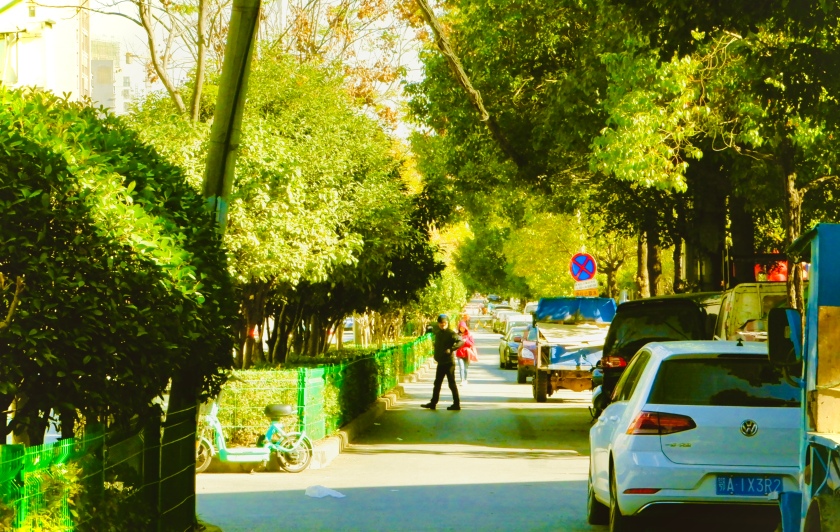By Lou Hsienhua
Since when have filmgoers started to expect something truly artistic rather than adopted for popular interests to watch? Perhaps not long after the ongoing artistic revolution that merits personal sensibilities rather than serving a bigger goal in today’s cinematic world around the early 2000s. Now for some filmgoers appreciating artistic expressions on the film, the number of directors that see art as an indispensable element to filmmaking is rising, including those eyeing the effects of social stratification on the socially marginalized groups in modern France, and some others focusing on the complicated relationship between personal sensibilities and social realities in today’s South Korea to the Italian director, Paolo Sorrentino whose specific style of filmmaking poeticized and transformed contemporary cinematography.
With the public appetite for film switching from movies aiming at commercial success to ones that investigate and explore human life in detail, the tendency for filmmakers to see film as yet another form of serious artistic expression is evident. Few would disagree that film does reflect certain aspects of human life ; but perhaps many would argue whether or not it can be used as a means to poetically represent human life, especially the way that literature did. Seriously, watching movies is unlike reading books; while people see the same scenes before a film, they imagine differently before one specific scene.
Given the fact that filmmaking is deeply influenced by film producing companies and pressured by need for profits, it’s hard for filmgoers to expect, let alone see in reality, a film featuring something impressively artistic, personal, or poetically beautiful. When film, especially in the ’40s, was used as tools for propaganda, mass entertainment, documenting historical events, it was not unheard of to discover that film was still seen as one of the most expensive ways and the least viable form of artistic creation for ordinary people.

Till today, one still finds it hard to use film as a means of artistic creation as freely as writing. Filmmaking, to many, is still too expensive a way towards artistic transcendence even after so many decades of relatively steady economic improvement and development in certain parts of the world. One may still deem it impractical to make films specifically focused on exploring something new and underrepresented before when the lack of representation of anything—be it a country, a group of people or another side of a story—reaches a breaking point. But you, some would argue, could choose to write as it’s still the most affordable way to artistically present a previously unrepresented world. But writing, in the end, is unlike filmmaking. And that makes the whole difference.
That said, in today’s world of filmmaking, the tendency for directors and screenwriters to mix their personal imagination with contemporary social reality to create something reflective of the sensibility of a generation is growing. Unlike writing, which requires a lot of soul searching, an obsession with and tolerance for solitude, filmmaking is, comparatively, a collective activity. That’s means to achieve one same end in creation of art in filmmaking, there must be a lot of effort put on communication between actors and directors. That’s why the harmonious, yet impressive experience of watching Sorrentino’s the Great Beauty seemed so rare.
Born in Naples in 1970, the Italian director is perhaps best known for his ‘philosophical movie’ the Great Beauty or La Grande Bellezza (2013) wherein he explored the meaning of a city full of sacred elements for an individual on the journey of exploring human nature. And that city is Rome. The Great Beauty, in some way, could be seen as an ode to Rome in the form of motion pictures. From This Must Be the Place to Youth, Sorrentino demonstrates his ability to turn cinematography into poetry.
Could films like The Great Beauty be cited as the evidences of filmmaking world’s unobvious turn to a certain kind of sentimentality and sensibility previously unexamined before? The answer remains hard to find. But the surge of movies exploring this kind of sentimentality is actually very evident. Besides Sorrentino’s The Great Beauty, we have Todd Haynes’ I’m not Here (2007), Sofia Coppola’s Somewhere (2011), Hong Sang-soo’s Hill of Freedom (2014), Kelly Reichardt’s Certain Women (2016). The list could vary and be extended in a reader-by-reader fashion. But the trend is here.

Economic advancement lowers the prerequisite for entering the filming world, thus allowing more diverse sensibilities being explored on the film. But with this diversity on hand, what makes Sorrentino’s works unique from so many other films is his very use of a certain kind of poetic imagination in the making of a film.
His understanding of cinematography involves the full use of various contradictions and conflicts in his filmmaking as if using the literary device of contrast in writing to present something familiar in a completely sharp and alien reflection.
Also common is his use of flashback in The Great Beauty. When the protagonist in the film, Jep Gambardella, a writer working as a journalist in Rome, dated his old friend’s forty-something daughter, Ramona, the film flashbacks to the moments of protagonist’s adolescent relationship with his first love decades ago. The profaneness and messiness of these characters’ private life seemed on many occasions at odds with the sacredness of Rome. Living in Rome, as we see it on Sorrentino’s film, appears to require a certain kind of numbness to the ills of the real when everything, on the surface, looks so contradictory in a city where the relation between the secular and the sacred is more entwined as to be incomprehensible.
Adding to the charm of Sorrentino’s films is his specific preference for certain kind of music that often involves classics and symphonies. The soundtracks of his films often resemble a classic music concert.
It’s too hard to find someone else whose artistic inspiration originates from the desire to capture the beauty of the uncapturable; but here in Sorrentino’s world, the indescribable is truly on the film.

